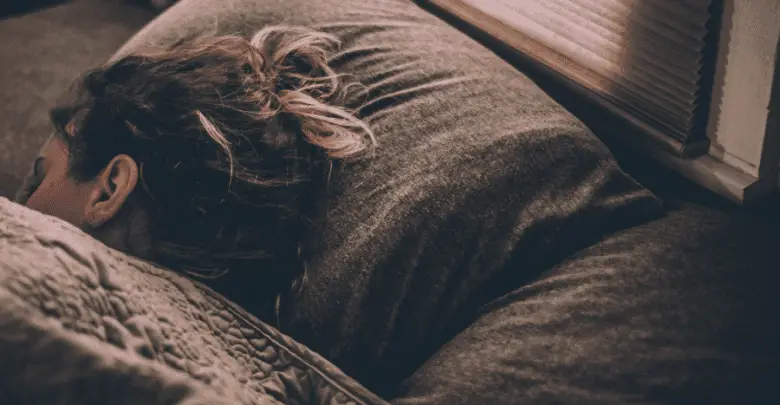Breathe Easily: How Air Quality Can Affect Your Sleep

In order to stay healthy, it’s essential that the air we breathe is as clean as possible. However, with the pollution in most of today’s big cities and the situation sometimes being even worse inside our homes, this can prove to be challenging. But, how does the quality of air influence our everyday life? And, most of all, how does it affect us while sleeping? Take a look at some answers to these questions.
VOCs
VOC stands for Volatile organic compounds. They are organic chemicals, which are usually found in gaseous state in households, emitted from various solid or liquid products you use daily. They can be found in paints, aerosol sprays, different air fresheners, disinfectants and pesticides. Not only do VOCs get released when you use these products, but also when they’re stored, although to a smaller extent. It’s no wonder then that the levels of many of these compounds are higher indoors, where you and your family spend most of your time, than outdoors.
They can irritate your nose and throat, cause headaches or nausea, damage your central nervous system and organs such as liver or kidneys, and some of them may even be cancerogenic. Although you probably can’t completely eliminate these compounds from your home, you can limit the exposure to them by choosing more natural products. It’s especially important to lower their levels in your bedrooms, so that they don’t affect the health of your family and disrupt your sleep cycles.
PBDEs
Polybrominated diphenyl ethers or PBDEs are toxic chemicals you can find on your mattresses, furniture and electronics. The reason for their presence is that they’re fire-resistant and cheap, but the negative affects on people’s health definitely outnumber the benefits of these harmful chemicals. They affect the production of hormones in your body, they may be linked to reduced fertility in people, and it’s even possible that they can cause cancer. They accumulate in your body, as well as in breastmilk as time goes by, meaning that they may not cause any symptoms at first.
However, after a while, you might experience various health issues caused by PBDEs. One way to prevent this is to change your mattress or by investing in furniture that hasn’t been treated in these chemicals. If you’re surrounded by PBDEs while sleeping, you’ll breathe them in, which can decrease your sleep quality, and may even cause different breathing conditions, such as sleep apnea. And don’t forget that children are more sensitive than adults to any sort of pollution, so make sure all your bedrooms are free of PBDEs.
Allergens
All the activities you perform while awake cause your breathing rate to change many times during the day. Similarly, as you reach the REM phase of your sleep cycle, your breathing becomes deeper and faster, with oscillations mimicking those you have while you move throughout the day. If there are allergens in your or your kids’ bedrooms, you’ll be breathing them in when you sleep, which can cause different health problems.

Molds, pollen or pet dander can lead to shortness of breath due to sinus pressure, congestion and a runny nose, so make sure that you clean all the bedrooms in your home regularly and thoroughly and that you invest in an efficient HEPA air purifier, which can remove nearly all airborne particles from your home. Avoiding symptoms like sneezing and nose inflammation can help you sleep. In order to feel focused, energized and rested, you need to sleep uninterruptedly and the air quality in your home should be at the highest possible level, so do your best to get rid of all the allergens you can to improve your sleep.
Humidity
Another thing that can be a factor in how well you sleep is the indoor humidity balance. If the air in your home is stuffy or moist, it could mean that the humidity is too high. This could also lead to the development of bacteria or mold in your rooms, which is something that could influence your sleep cycles in a negative way. On the other hand, low humidity levels can leave the air in your home cold and dry, which can irritate your skin and even lead to nosebleeds.
This is why it’s important that you ventilate your bedrooms frequently, that you maintain your air conditioners and that you get a humidifier or a dehumidifier to help you balance the humidity and improve the quality of both, the air in your home and your sleep. Make sure you are following through with preventative maintenance for HVAC in your home. For your AC repair needs, you can also contact denver air conditioning repair.
As soon as you notice you’re having sleeping difficulties, don’t wait for things to get better on their own. Make an effort to improve the air quality in your home, including your bedrooms and allow yourself to sleep like a baby, breathing in nothing but clean air.
Read Also: These Healthy Habits Help Breathe Better



